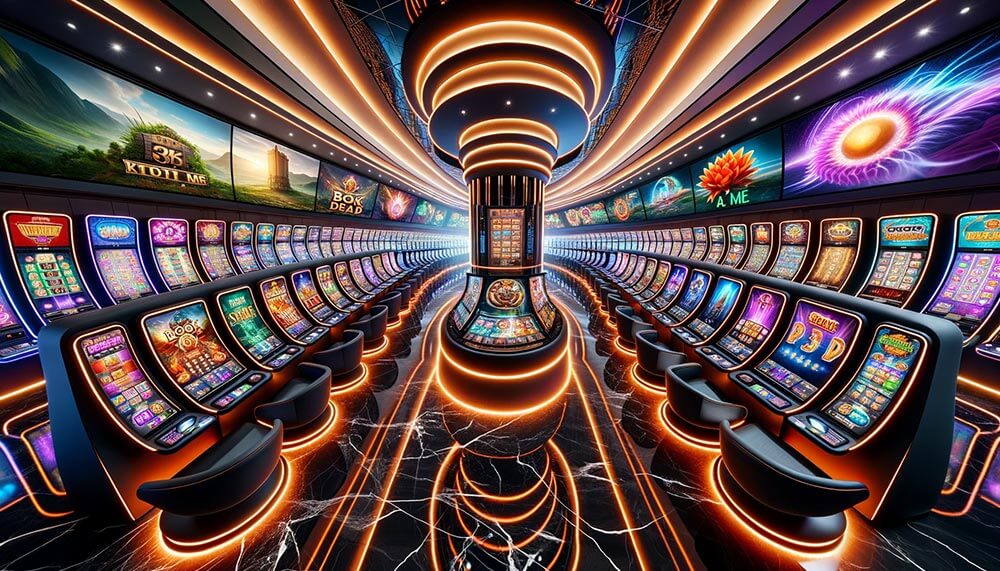Gambling games have long been a captivating source of amusement, drawing numerous of players from diverse cultures around the globe. From the glitzy casinos of Vegas to the bustling gambling halls of the Chinese gambling capital, these games serve as a link that connects people across different backgrounds. The allure of luck, skill, and uncertainty entices not only those hoping to strike it rich but also those in search of a shared experience.
The influence of casino games extends far beyond the gaming floor. They often reflect the cultural standards and principles of the cultures in which they prosper. Games such as seven-card stud, blackjack, and the wheel game have integrated into the fabric of popular culture, influencing multiple fields from films to style. As we explore this captivating intersection of chance and life, we can better understand how gambling games shape and are affected by the world around us.
Historical Development of Gambling Games
The roots of casino games can be followed back to historical civilizations, where betting in different forms was widely practiced. In Ancient China, around 2300 BC, a variant of gambling known as Keno was common, while in historic Rome, soldiers would often wager on the results of their games. The concept of using chance for entertainment and income developed over the years, leading to the creation of more formal games. By the late Middle Ages, betting houses started to surface in Europe, especially in the Italian peninsula, which introduced early forms of well-liked activities still played today.
As gambling expanded fame in European regions, the 17th and 18th centuries saw the emergence of gaming houses as dedicated locations for gaming. The initial official gaming venue, the Ridotto, was established in Venice in sixteen thirty-eight, providing activities like Baccarat games and the game Faro. This period marked a significant turning point, as casinos began to welcome not just the wealthy but also the expanding middle-tier society. The refinement of games grew, leading to the creation of new regulations and modifications that enhanced the play experience. 6789 casino
In the 19th century, the industrial age and changes in societal conventions further altered the environment of gambling games. The launch of roulette and modern gaming machines attracted a broader crowd, and gambling establishments became seen as legitimate fun. This period witnessed the international spread of gaming, as gambling houses expanded from Europe to the Americas, culminating in the creation of the iconic Strip of Las Vegas in the 20th century. The evolution of gambling games has persisted into the present day, incorporating modern technology and online platforms, allowing them accessible to a global market.

### Cultural Significance within Various Communities
Casino games have profound social importance across many cultures around the globe. For instance, in Las Vegas, the very fabric of the city is woven around gambling establishments, where playing is not just a hobby but a central aspect of social engagement and community interaction. The dazzling lights and lively atmosphere attract countless individuals, showcasing how gambling activities can shape local financial landscapes and cultural identities. This surrounding transforms the notion of leisure into an enriching event that affects style, music, and even cinema.
Conversely, some cultures approach wagering with an air of caution, considering it through the lens of morality and heritage. For example, in various Oriental cultures, games like Mahjongg and Pai Gow Gambling are full of history and have significant social implications. These games are often played during gatherings and occasions, fostering social ties and solidifying familial ties. The act of engaging in these games goes beyond mere leisure, reflecting principles such as respect for elders and the value of collective enjoyment.
Meanwhile, in European countries such as Monte Carlo and the Italian Peninsula, casino games serve as symbols of wealth and elegance. The elegant atmosphere of these venues attracts both visitors and locals, upholding a sense of distinction and elitism. The art of poker and the tactical components of games like the game of baccarat are appreciated, molding interpersonal interactions and establishing an allure that fascinates a varied audience. This emphasizes how casino games can simultaneously mirror and influence cultural perspectives towards risk, reward, and relationship building.
Economic Impact and Tourism
Casino games play a significant role in the financial context of many areas, particularly those that depend significantly on visitor traffic. The revenue produced from casino operations fuels local financial systems, creating jobs not only within the casinos but also but also in related sectors such as hotel management, restaurant services, and entertainment. This surge of tourists, drawn by the allure of gambling and the overall casino experience, stimulates expenditure across multiple businesses, contributing to the economic vitality of the region.
The existence of casinos often leads to the development of facilities, including lodging, public transit, and recreational facilities. These improvements are essential in improving the overall visitor satisfaction, making destinations more appealing to visitors. Additionally, many casinos contribute in local communities through sponsorship of events and philanthropic initiatives, further embedding themselves into the social fabric of the locality. Such contribution not only supports economic growth but also fosters a positive image of the casino industry.
In addition, the global popularity of casino games drives competitive tourism, with locations vying to attract gamblers from across the globe. Iconic locations like Las Vegas and Macau have become identifiable with gambling culture, drawing millions annually. This advantage encourages creativity and variety within the gambling sector, influencing trends in entertainment and hospitality that extend beyond their borders. The consequences of this tourism extend wide, impacting local financial health and cultural exchanges on a worldwide scale.